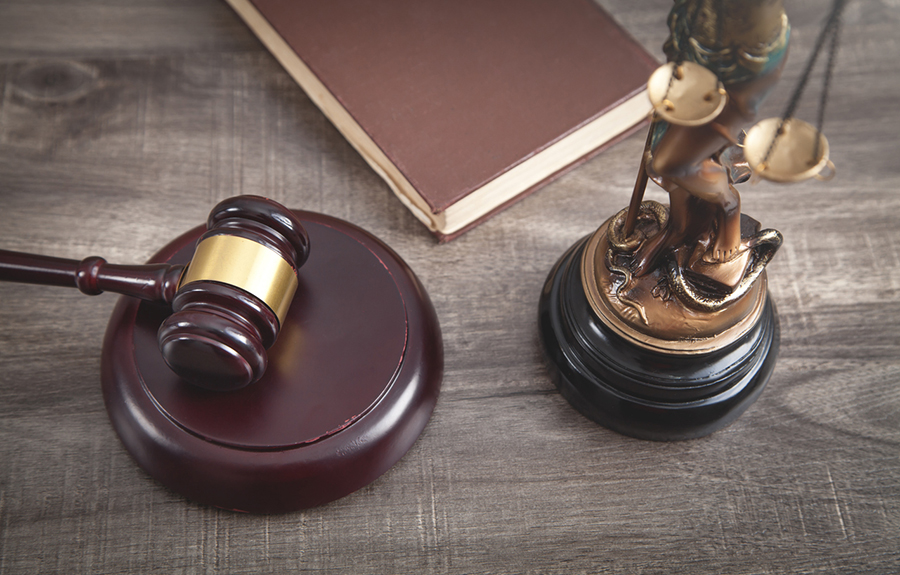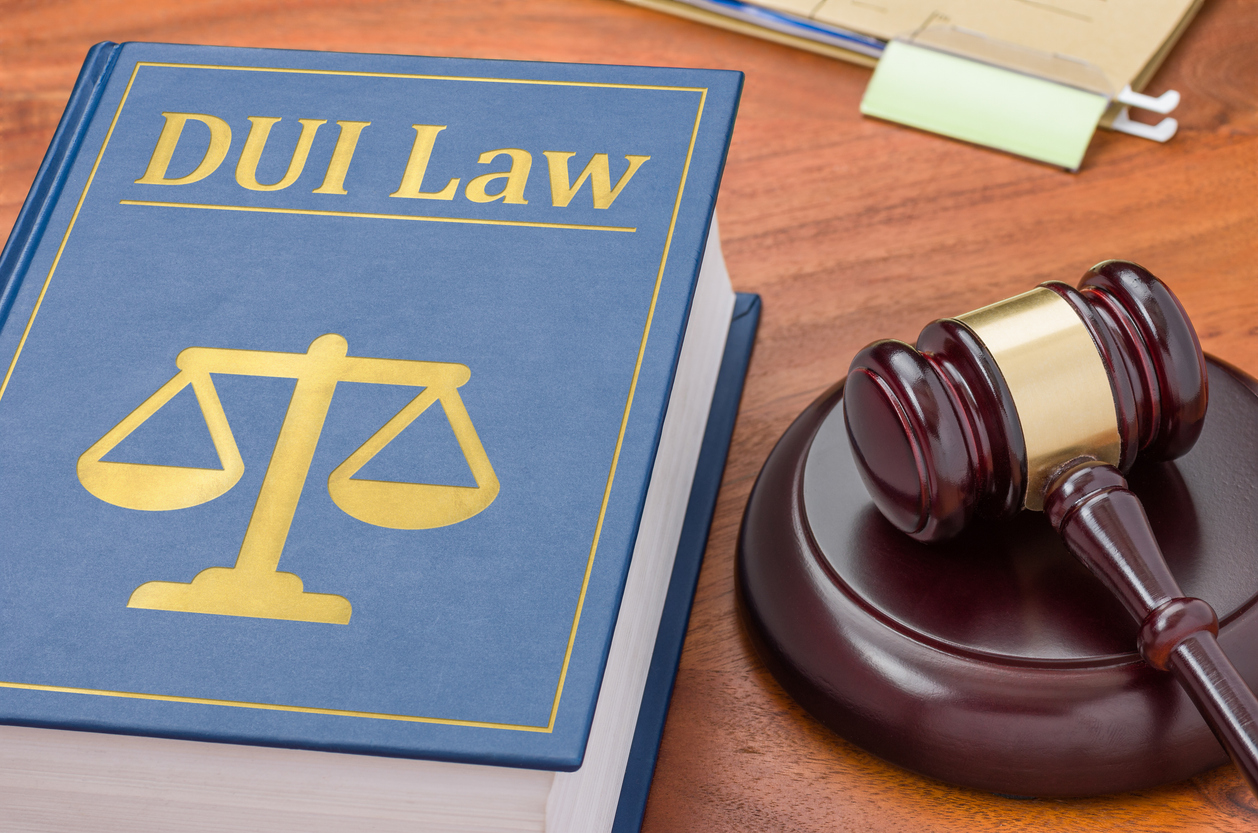Key Takeaway
How long does a DUI stay on your record? A DWI will remain on your criminal record indefinitely in Minnesota unless you seek an expungement.
According to Minnesota’s Impaired Driving Laws, it is illegal to drive if your blood alcohol level (BAC) is at or above .08. Additionally, if a person is operating a commercial vehicle, a federal limit of .04% has been established.
If you have been caught driving under the influence (DUI), you will be arrested. In Minnesota, DUI and driving while impaired (DWI) refer to the same offense: driving, operating, or being in physical control of a motor vehicle while under the influence of alcohol or a controlled substance.
DUI and DWI are frequently used interchangeably, but DWI is the only official charge in the state of Minnesota.
Minnesota strengthened its DWI sanctions to bolster road safety to reduce alcohol-related motor vehicle crashes, which cause one-third of traffic deaths per year in the state.
Enhanced sanctions include ignition interlocks for DWI offenders to regain driving privileges while guaranteeing safe driving. Breathalyzers and blood tests are more regulated and lower BAC limits have also been established over recent years.
Charges for a DWI range from fourth-degree, a misdemeanor, to first-degree, which are considered felonies.
Consequences for DWI charges vary, but a first-time offender will typically have their license suspended for a minimum of 30 days up to a year and potential jail time.
When factoring in increased insurance premiums, court costs, and legal fees, those convicted of a DWI could pay up to $20,000. A criminal defense attorney in Minnesota can work to prevent these negative impacts on your life.
- How Do I defend myself against a a DWI charge?
- Impact of DWI on Driving Privileges & Car Insurance
- Does a DWI Affect Credit Score and Appear in Background Check?
- Expunging a DUI Conviction from Your Driving Record
How Do I defend myself against a DWI charge?
If you have been charged with a DWI, a criminal defense lawyer can guide you through maneuvering the legal process to avoid a DUI conviction.
Sterle Law’s Minnesota DWI lawyers will ensure you feel empowered by understanding the intricacies of your case and educate you on the legal process and best course of action.
Chad Sterle, who was born and raised in Itasca County and who has practiced in this area since 1999, will utilize his experience to navigate the legal process for your benefit.
Minnesota’s DWI laws are some of the most intricate and convoluted, as evidenced by the need for an entire chapter – Chapter 169A – in the state’s penal code. Through our customized approach, we’ll fight to retain your driving privileges.
When you have been pulled over by police officers, they will administer field sobriety tests, which are not required by law, to determine your level of intoxication.
Police may also attempt to administer a preliminary breath test, but this is also not required by law in Minnesota.
Only when you are arrested will you be required by law to take an implied consent breath test at a police station or a blood or urine test at a hospital. Our team will guide you through the arraignment, which will take place shortly after your arrest..
If you enter a plea of not guilty, we will advocate for plea bargains and reduced charges while building a strategic defense should the case proceed to trial.
Our experience working in Northern Minnesota for over 24 years will, facilitate these defense strategies.
Throughout the process, Sterle Law’s Minnesota DUI lawyers will inspect your case for law enforcement mistakes, procedural discrepancies, and loopholes and weaknesses in the laws to build a defense for your DWI case.
Impact of DWI on Driving Privileges & Car Insurance
According to Minnesota’s implied consent laws, after a DWI arrest, your license will be suspended immediately, but you will typically receive a seven-day temporary license before losing your driving privileges.
You may also receive fines and/or jail time for a DWI charge. If there are prior convictions, it will increase the severity of the penalties.
In Minnesota, you may contact Driver and Vehicle Services or the local DMV to obtain a limited license, work permit, or hardship license, which are three terms for the same license.
This license allows you to drive under particular circumstances – to and from work, school, and chemical dependency treatment programs – and for a set number of hours, which is usually 60 hours maximum.
DWIs also have a significant impact on your driving record, which will likely increase your car insurance premium by hundreds of dollars or your insurer may drop you completely.
How long does a DUI stay on your record? A DWI will remain on your record permanently in Minnesota unless you seek an expungement.
A DWI on your driving record can affect insurance for up to 10 years, but it is dependent on each car insurance company’s look-back period.
A DUI conviction, or license revocation for a DWI, may also impact your ability to enter foreign Countries like Canada.
To get your new license once the suspension of your driving privileges is over, you must pass a DWI knowledge test, a chemical health assessment, and submit a driver’s license application with a $680 reinstatement fee.

Does a DWI Affect Credit Score and Appear in Background Checks?
While a DWI will not have a direct impact on your credit score, it may have a significant effect on your financial situation, which will then affect your credit score.
DUI convictions may require thousands of dollars in fines and restitution, as well as payment for driving and/or alcohol and substance education courses.
You must also cover the cost of the installation of an ignition interlock device and its monthly calibration fee. Credit providers may also raise rates for loans and credit cards.
These substantial financial burdens in addition to the increased car insurance premiums may ultimately negatively impact your credit score.
A DWI record will show up on a background check unless the record is expunged, so it is important to work with a criminal defense attorney to remove it from your record.
Expunging a DUI Conviction from Your Driving Record
If you have a DWI on your record, you can seek an expungement, which will seal the criminal record so the Court and state agencies that hold criminal records may not disclose, acknowledge, or open the record. Only a district court judge can expunge your criminal record.
The Court and law enforcement agencies, including the FBI, immigration, etc. will still have access to these records.
If you apply for a specific type of job or occupational licenses, your record may be available to state agencies at this time as well.
You can complete a Petition for Expungement with the Court with a filing fee for each offense, and the fee can be waived depending on your income.
If you apply for expungement through the Minnesota Attorney General’s Office and are eligible, you do not have to file paperwork with the Court.
Given the serious implications a DUI conviction will have on your personal and professional life, working with our DWI attorneys at Sterle Law is the best decision for your future.
With our extensive knowledge of navigating these DWI laws, we can exploit the weaknesses in the state’s laws to your advantage and even help you fight plate impoundment, motor vehicle forfeiture, and even criminal charges.
To schedule a free consultation for your DUI/DWI case, call 218-326-9646.

